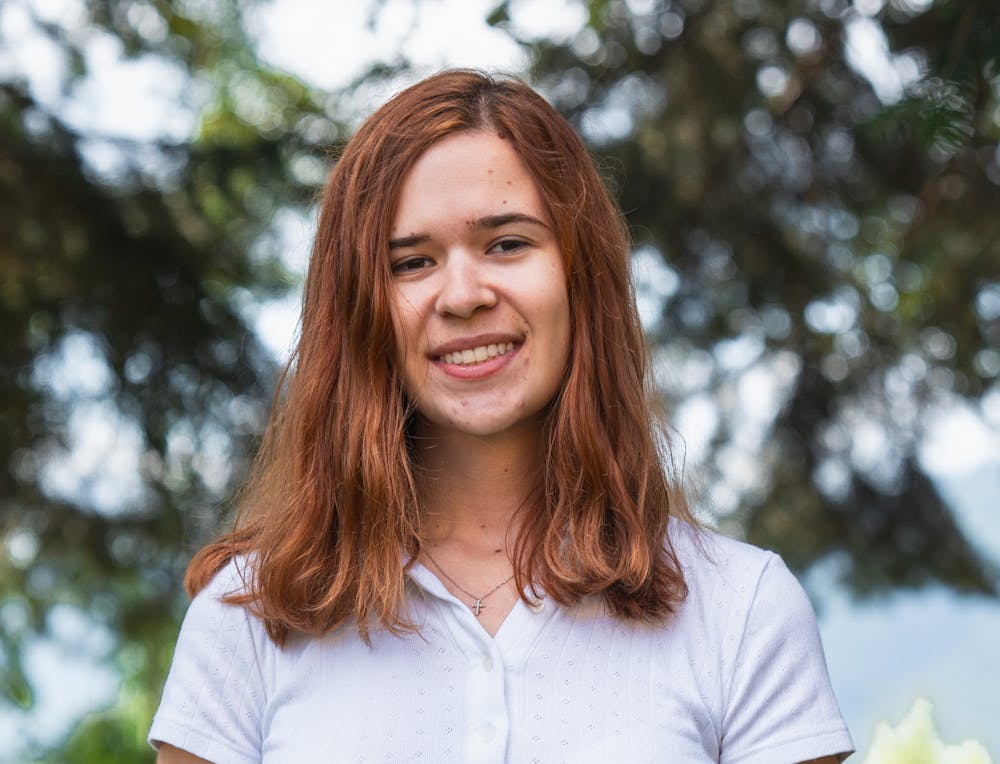From a young age I understood I wasn’t like other kids my age. From speaking French at home and trips to Canada during every long break from school, to comments from strangers about my accent, I understood that I was from two countries. I understood that being French-Canadian meant that my first and last name would be both mispronounced and misspelled by most people I would meet — something that still rings true to me to this day.
Being French-Canadian American hasn’t always been a smooth-sailing journey as I thought it would have been, although it has in no way been difficult either. It has simply been tricky at times because I felt conflicted about which place I was supposed to call home when I felt pulled in different directions.
There’s no handbook that tells you how to act as someone from two countries, how to be a model dual citizen or how to be a bilingual child when most around you aren’t. It was something I felt I had to figure out on my own, because while my parents immigrated to the US, I was the first generation to grow up here. I didn’t get to grow up living 10 minutes away from my aunts, uncles and cousins like my parents did. I didn’t get the opportunity to become best friends with all my cousins. Instead, I feel like I still hardly know some of them because I only see them once or twice a year. Unfortunately, that is the reality of living over 3,000 miles from your family in a whole other country. Sometimes you might feel like a total outsider in your own family, and in what you are supposed to call your country.
I want to acknowledge that while I am a first-generation American, my experience is in no way similar to that of an immigrant of another ethnicity or cultural background. I recognize the privilege of living somewhere and not being subject to racism, discrimination — of being told to “go back to your country” or being stereotyped. But, I don’t want to speak about anyone else’s experiences but my own. I cannot know what it is like to be an immigrant from a culture that isn’t predominantly white.
Being from two countries means there are two independence days you get to celebrate, two flags you can proudly display at the entrance of your house, two cultures you get to be proud of, two countries you root for in the Olympics. But what are you supposed to do when you feel ties to both of those countries in different ways? One is the country you grew up in, but the other is the one your whole family is from.
21 years later, I still don’t have it figured out, but I do know this — being from two countries can be a beautiful thing. Having an atypical first-generation experience doesn’t mean that your experience is any less valid — it just looks and feels different. You can love things about both countries and cultures and simultaneously dislike others. You don’t have to choose only one country to call home.
I feel so blessed to be from two great nations and have two different cultures I can identify with, as I know that not everybody can say the same. My French Canadian heritage is something I deeply treasure and am so thankful for. I now know that I can still identify with my heritage even though I did not grow up in Quebec with all my cousins, because home is where the heart is. For me, that means part of my heart will always be in Quebec, but also the US.
Amelie Lavallee is a reporter for The Beacon. She can be reached at lavallee25@up.edu.
Have something to say about this? We’re dedicated to publishing a wide variety of viewpoints, and we’d like to hear from you. Voice your opinion in The Beacon.








